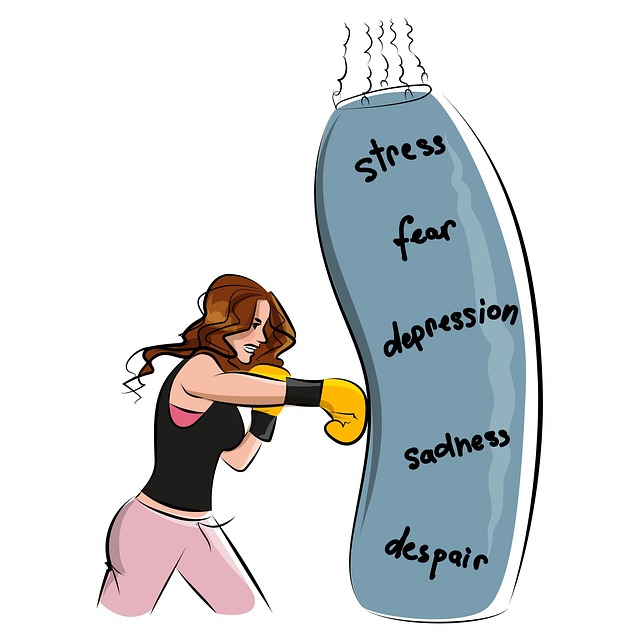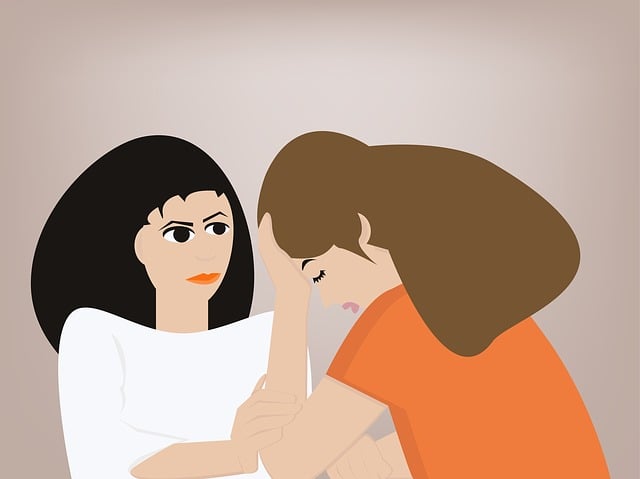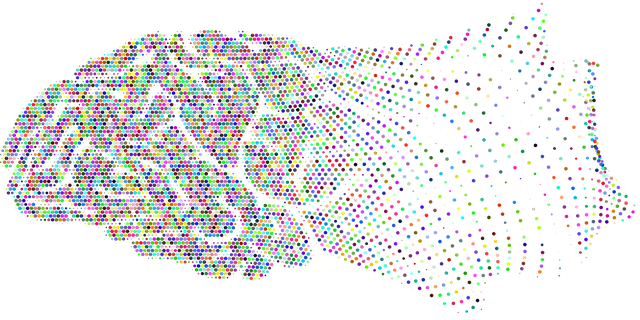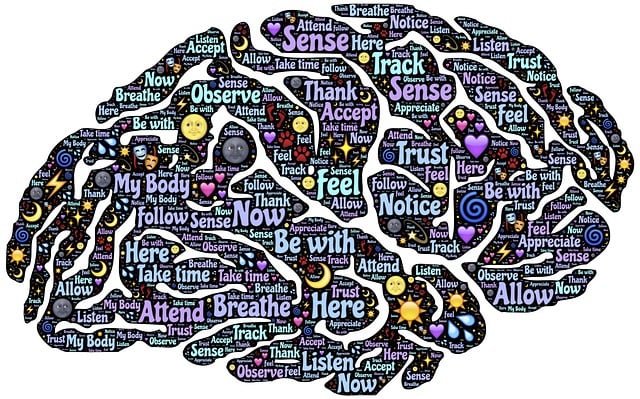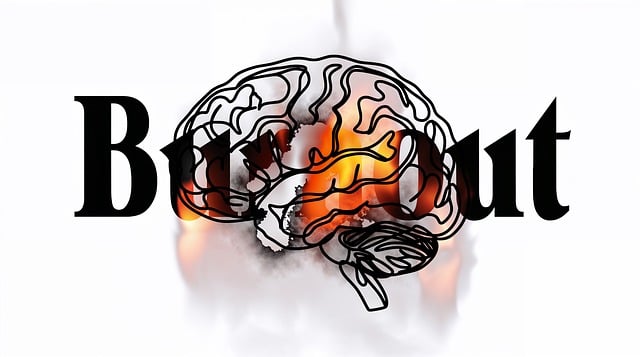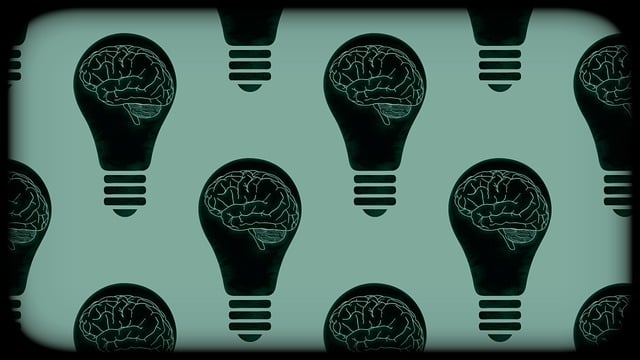The media significantly influences societal attitudes towards mental health, with accurate and diverse representations fostering empathy, reducing stigma, and encouraging therapy-seeking behaviors. Negative stereotypes can hinder understanding and access to mental health education. Longmont Men's Issues Therapy (LMIT) is challenging these stereotypes through its Mental Wellness Podcast Series and holistic approach, combining storytelling with expert guidance. By showcasing real-life experiences, LMIT promotes open conversations about mental health challenges, aiming to normalize discussions and improve overall mental wellness. Community engagement, including workshops and awareness campaigns, further reshapes media portrayals, fostering a more nuanced understanding of mental illness and empowering individuals to support one another.
Mental illness representation in media plays a pivotal role in shaping public understanding of mental health. This article delves into the profound impact of media portrayal, uncovering stereotypes and misconceptions prevalent in popular culture. We explore innovative solutions, highlighting the successful approach of Longmont Men’s Issues Therapy in promoting accurate depiction. Through strategic recommendations, we advocate for positive changes, emphasizing community engagement and education as powerful tools to foster a more informed and empathetic media perspective.
- Understanding the Impact of Media Portrayal on Mental Health Awareness
- Identifying Stereotypes and Misconceptions in Popular Culture
- Longmont Men's Issues Therapy: A Approach to Accurate Representation
- Strategies for Promoting Positive Mental Health Depictions in Media
- Community Engagement and Education: Empowering Change in Media Perspective
Understanding the Impact of Media Portrayal on Mental Health Awareness

The media has a profound impact on shaping societal perceptions and attitudes towards various issues, including mental health. The way mental illness is represented in films, television shows, and news reports can significantly influence public understanding and support for those struggling with such conditions. Positive and accurate portrayals in media can foster empathy, reduce stigma, and encourage individuals to seek Longmont men’s issues therapy or mental wellness programs. On the contrary, negative stereotypes and limited narratives can perpetuate misconceptions, leading to further isolation and barriers to accessing mental health education and treatment.
Understanding the impact of media is crucial when designing Mental Health Education Programs. By presenting diverse and realistic characters with genuine struggles, media has the potential to revolutionize perceptions. This shift can encourage open conversations about mood management and initiate support networks for those dealing with mental illness. It is essential to ensure that these representations are not merely superficial but contribute to a broader understanding of mental wellness, reflecting the complexity and uniqueness of each individual’s experience.
Identifying Stereotypes and Misconceptions in Popular Culture

In popular culture, mental illness is often portrayed through stereotypes and misconceptions that can be deeply harmful. Media representations typically depict these conditions in black-and-white terms, either as a tragic obstacle or a mysterious power to be overcome. This oversimplification ignores the complex reality of living with mental health challenges. For instance, conditions like anxiety and depression are frequently romanticized or trivialized, failing to capture their debilitating effects on individuals’ daily lives. Such portrayals can lead to public misunderstandings, stigma, and even discourage those struggling from seeking help, hindering access to crucial Longmont men’s issues therapy services.
Challenging these stereotypes is essential in fostering a more empathetic society. It’s crucial to showcase the diverse experiences of individuals with mental illnesses, emphasizing their resilience and the effectiveness of treatments like self-care practices and stress management workshops. By promoting accurate representations, media can play a significant role in encouraging open conversations about mental health, reducing stigma, and ultimately supporting organizations such as Longmont men’s issues therapy centers that offer much-needed services.
Longmont Men's Issues Therapy: A Approach to Accurate Representation

In an era where media plays a significant role in shaping societal perceptions, accurately representing mental illness is paramount. Longmont Men’s Issues Therapy (LMIT) stands as a beacon of hope and accurate depiction, challenging stereotypical portrayals often found in mainstream media. LMIT offers a unique perspective by prioritizing real-life experiences of men struggling with various mental health issues, focusing on both the challenges and triumphs. This approach not only aids in burnout prevention but also provides crisis intervention guidance, ensuring that viewers receive valuable insights into managing their own mental wellness.
Moreover, LMIT’s commitment to accuracy extends beyond individual therapy sessions. The team behind this initiative has launched a Mental Wellness Podcast Series Production, aiming to amplify diverse voices and stories related to mental health. By integrating storytelling with expert advice, LMIT not only educates but also fosters empathy, creating a supportive environment where individuals can openly discuss their struggles. This holistic approach underscores the organization’s dedication to challenging societal norms and promoting understanding of mental illness, ultimately contributing to better mental wellness for all.
Strategies for Promoting Positive Mental Health Depictions in Media

Media has a significant influence on shaping societal perceptions, including how mental health is viewed. To promote positive representations, various strategies can be implemented. One key approach is to encourage communication strategies that foster open discussions about mental wellness. This includes featuring diverse characters with authentic struggles in popular media, which can help normalize conversations around mental illness. By presenting relatable and nuanced portrayals, the media can reduce stigma and increase empathy among audiences.
Additionally, industries should focus on burnout prevention for both creators and contributors to ensure a more balanced perspective. Encouraging self-care practices and mental health days in creative fields can lead to healthier content production. These initiatives, combined with diverse representation, will contribute to a more accurate and compassionate depiction of mental health issues, ultimately benefiting individuals seeking support through Longmont men’s issues therapy.
Community Engagement and Education: Empowering Change in Media Perspective

Community engagement and education play a pivotal role in challenging the way mental illness is represented in media. By fostering open conversations and providing resources, communities can empower individuals to understand and support one another. This involves organizing workshops, seminars, and awareness campaigns that highlight the realities of mental health struggles, demystifying conditions often portrayed stereotypically or inaccurately in popular culture. Encouraging self-esteem improvement and resilience building through these educational initiatives helps combat stigma and promotes a more nuanced understanding of mental wellness.
Longmont Mens Issues Therapy, for instance, has led numerous programs focused on mental wellness coaching, emphasizing the importance of personal development and community support. These efforts not only contribute to positive media representation but also equip individuals with tools for self-improvement. Through such initiatives, communities can drive meaningful change in media perspective, ensuring that stories of mental illness are told accurately and empathetically.
The representation of mental illness in media has a profound impact on public perception and mental health awareness. By identifying and challenging stereotypes, we can create a more accurate and positive narrative. Longmont Men’s Issues Therapy offers a practical approach to promoting healthy representations, while community engagement and education are key to fostering change. Through collaborative efforts and strategic initiatives, we can ensure media depicts mental health with sensitivity, accuracy, and empathy, ultimately reducing stigma and encouraging support for those seeking help.


